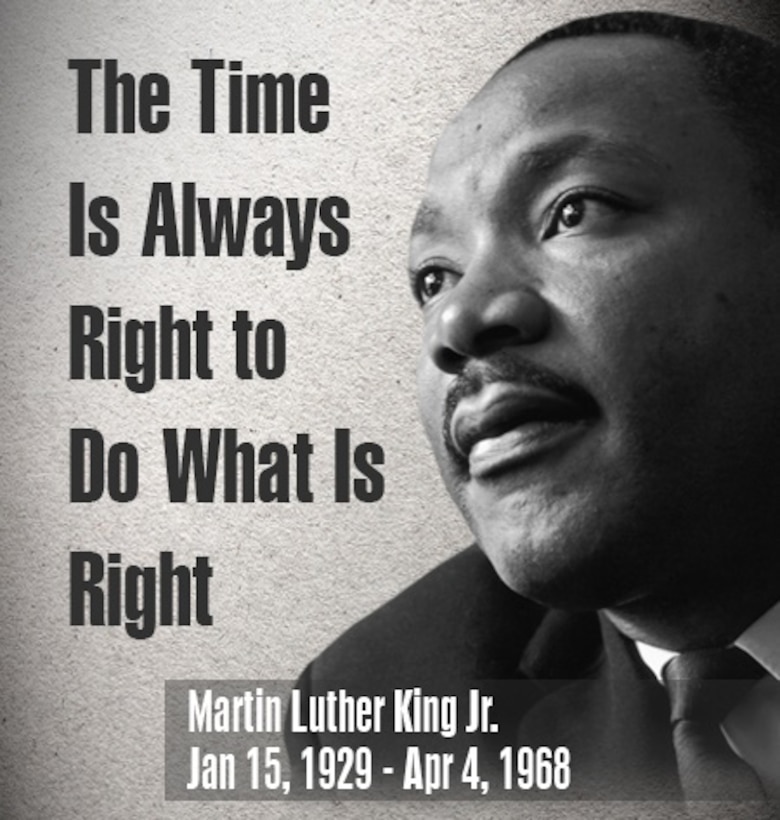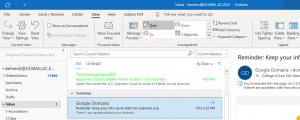The impeachment trial of President Donald J. Trump has started so let’s explore impeachment and impeachment resources in this blog post. So far, no president has been removed from office due to impeachment, but President Trump is the third president to face an impeachment trial (President Nixon’s impeachment proceedings never reached the trial stage).
Andrew Johnson
The first president to face articles of impeachment was Andrew Johnson.
 On February 24, 1868, the House of Representatives passed a Resolution of Impeachment by a vote of 126 to 47 [1]. They filed eleven articles of impeachment with the primary focus of the impeachment charges related to the firing of Secretary of War Edwin M. Stanton, an alleged violation of the Tenure of Office Act [2] (the act was eventually repealed and a similar law was declared unconstitutional by the United States Supreme Court in Myers v. United States, 272 U.S. 52 (1926)). The Senate adopted 25 rules for the impeachment trial and Chief Justice Salmon Chase presided over the trial.[3] Access to watch the trial was permitted through the distribution of 1,000 Senate gallery tickets each day of the trial.[4] President Johnson narrowly escaped being removed from office with the Senate falling short of one vote to reach the two-thirds majority required to convict.[5]
On February 24, 1868, the House of Representatives passed a Resolution of Impeachment by a vote of 126 to 47 [1]. They filed eleven articles of impeachment with the primary focus of the impeachment charges related to the firing of Secretary of War Edwin M. Stanton, an alleged violation of the Tenure of Office Act [2] (the act was eventually repealed and a similar law was declared unconstitutional by the United States Supreme Court in Myers v. United States, 272 U.S. 52 (1926)). The Senate adopted 25 rules for the impeachment trial and Chief Justice Salmon Chase presided over the trial.[3] Access to watch the trial was permitted through the distribution of 1,000 Senate gallery tickets each day of the trial.[4] President Johnson narrowly escaped being removed from office with the Senate falling short of one vote to reach the two-thirds majority required to convict.[5]
You can research more about the impeachment of Andrew Johnson by looking at some of these fabulous resources:
- The Avalon Project, Yale Law School Lillian Goldman Law Library, History of the Impeachment of Andrew Johnson
- HeinOnline, U.S. Presidential Impeachment Library, Andrew Johnson
- Library of Congress, Today in History – May 16, The Andrew Johnson Impeachment
- Library of Congress, A Century of Lawmaking for a New Nation: U.S. Congressional Documents and Debates, 1774 – 1875, The Impeachment Trial of President Andrew Johnson, Supplement to the Congressional Globe
- Library of Congress, Impeachment: A Bibliography of Federal Law Sources in the Law Library of Congress
- U.S. Senate Historical Office, The Impeachment of Andrew Johnson (1868) President of the United States
William Jefferson Clinton
The second president to face articles of impeachment was Bill Clinton.

On October 8, 1998, the U.S. House of Representatives voted to authorize the House Committee on the Judiciary to begin an inquiry into whether to impeach President Clinton.[6] The House of Representatives initially proposed four articles of impeachment against Bill Clinton but two of them failed to pass.[7] The primary focus of the remaining impeachment charges related to alleged lying under oath and obstruction of justice in the Paula Jones lawsuit.[8] The Senate Rules for the trial were adopted in January 1999 and Chief Justice William Rehnquist presided over the trial.[9] President Clinton was acquitted on both articles of impeachment: 45-55 on Article 1[10] and 50-50 on Article 2.[11]
You can research more about the impeachment of Bill Clinton by looking at some of these resources:
- C-Span, Clinton Impeachment (all coverage)
- HeinOnline, U.S. Presidential Impeachment Library, William Jefferson Clinton
- Library of Congress, Impeachment: A Bibliography of Federal Law Sources in the Law Library of Congress
Donald J. Trump
President Trump’s impeachment trial has just begun.
 On Oct. 31, 2019, the House of Representatives passed an impeachment resolution authorizing the Permanent Select Committee on Intelligence and the Committees on Financial Services, Foreign Affairs, the Judiciary, Oversight and Reform, and Ways and Means to continue their ongoing investigations as part of the existing House of Representatives inquiry into whether sufficient grounds exist for the House to impeach President Trump.[12] After holding hearings, the House passed a Resolution of Impeachment, consisting of two articles: abuse of power and obstruction of justice.[13] The House then appointed its managers and the proceedings moved on to the Senate. The Senate rules were adopted on January 22, 2020.[14]
On Oct. 31, 2019, the House of Representatives passed an impeachment resolution authorizing the Permanent Select Committee on Intelligence and the Committees on Financial Services, Foreign Affairs, the Judiciary, Oversight and Reform, and Ways and Means to continue their ongoing investigations as part of the existing House of Representatives inquiry into whether sufficient grounds exist for the House to impeach President Trump.[12] After holding hearings, the House passed a Resolution of Impeachment, consisting of two articles: abuse of power and obstruction of justice.[13] The House then appointed its managers and the proceedings moved on to the Senate. The Senate rules were adopted on January 22, 2020.[14]
You can research more about the impeachment of President Trump by looking at some of these resources:
- Bowdoin Library, Congressional Documents: Impeachment
- C-Span Impeachment Trial
- FiveThirtyEight, Impeachment Polls
- GovTrack USA, Impeachment Guide
- HeinOnline, U.S. Presidential Impeachment Library, Donald Trump
- NPR, Trump Impeachment: A Guide to Key People, Facts And Documents
- PBS News Hour, Impeachment Trial Guide
- Santa Clara University Library, Trump Impeachment Inquiry
[1] Resolution of Impeachment of President Andrew Johnson, February 21, 1868 (Library of Congress)
[2] See Articles of Impeachment (Congressional Globe)
[3] Senate Impeachment Rules (Congressional Globe)
[5] U.S. Senate Historical Office, The Senate Votes on Presidential Impeachment
[6] H.R. Res. 581, 105th Cong. (1998)
[7] H.R. Res. 611, 105th Cong. (1998)
[8] Id.
[10] S. Roll Call Vote on Article 1, H.R. Res. 611, 106th Cong. (Feb. 12, 1999)
[11] S. Roll Call Vote on Article 2, H.R. Res. 611, 106th Cong. (Feb. 12, 1999)
[12] H.R. Res. 660, 116th Cong. (2019)




